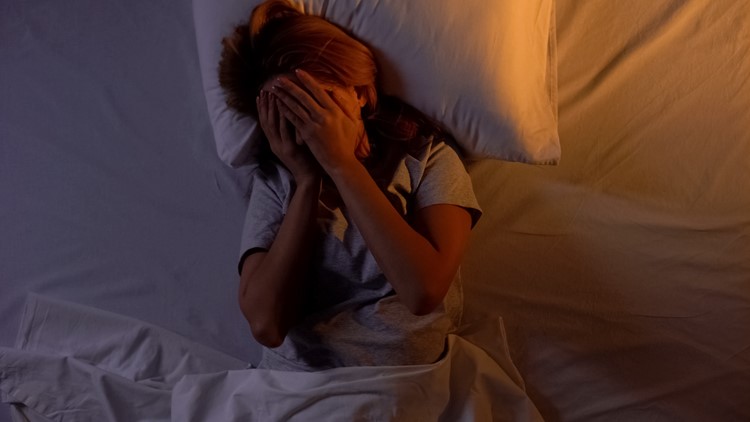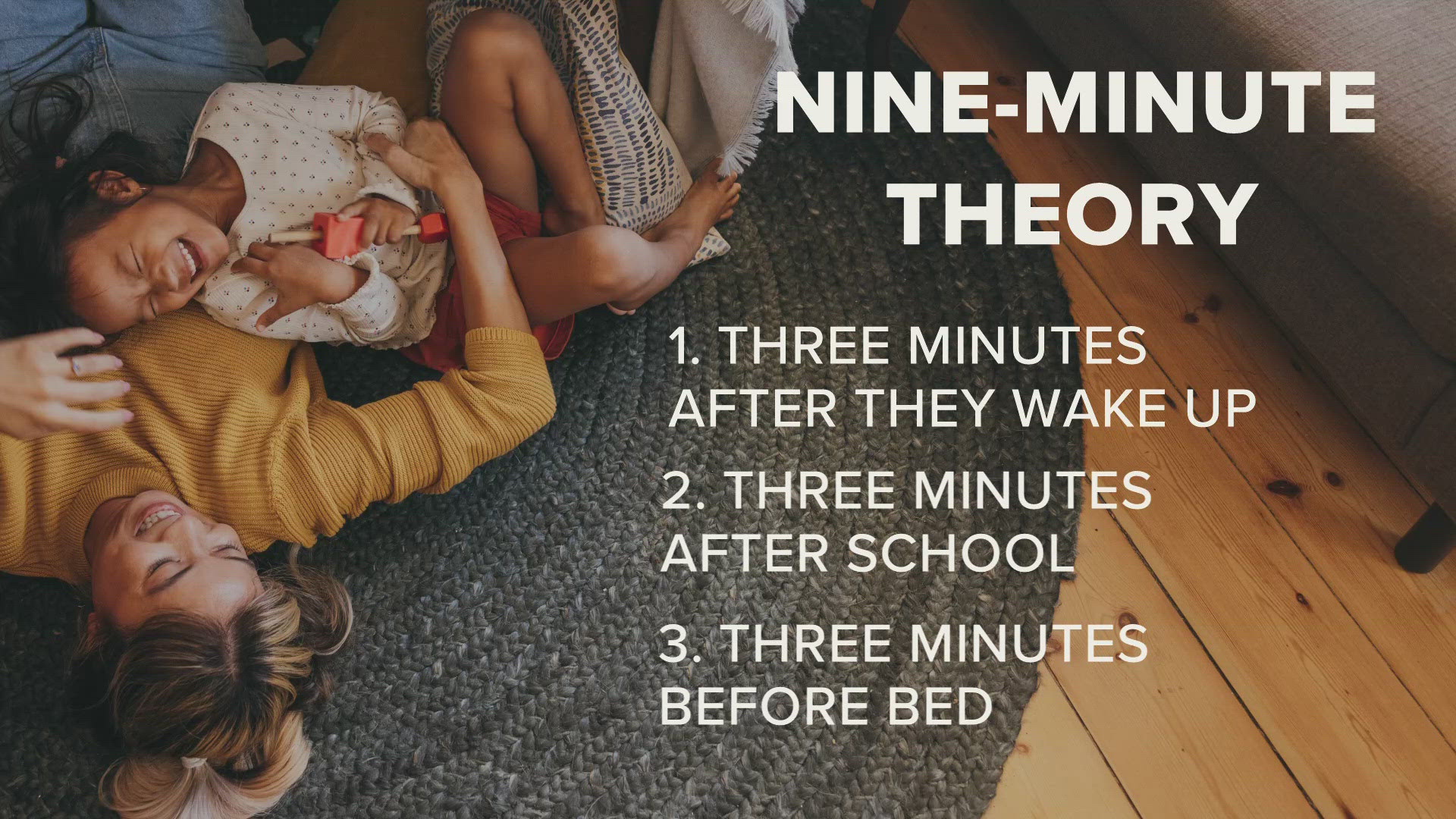ST. LOUIS — It can be difficult for people to get appropriate treatment for insomnia because the real issue is that they’re clinically anxious or depressed, and they’re in denial about it, according to Mark Muehlbach, director of the Insomnia Center at the Clayton Sleep Institute.
“Unfortunately, symptoms of anxiety and depression can present in many different ways which most people don't recognize,” he explained. “People with depression will have early morning awakenings, which means awakening before you want to and not being able to get back to sleep.”
When your mind races with memory loops of things you should have done or should have said during distressing past situations, this kind of rumination is common in people with depression and people with post-traumatic stress (PTSD) — you can have both at the same time. Nightmares, sleep paralysis and waking up several times during the night may also accompany PTSD.
“With anxiety, you may have trouble falling asleep and staying asleep through the night,” Dr. Muehlbach explained.
In this scenario, you lie in bed or awaken in the middle of the night with a racing mind, also known as “monkey brain,” because of intrusive thoughts you can’t seem to control. You worry about negative things that could happen in the future, which is different from depression. You can also actually awaken from a panic attack, according to Dr. Muehlbach.
When you don’t deal with things during the day, they can show up at night when we’re most vulnerable: alone and in the dark.
This is not the best time to reflect on things because it can cost you sleep, according to Linda Pevnick, a licensed clinical social worker who treats people with insomnia.
“When your mind races, behind that is anxious feelings that get manifested as a lot of thoughts,” she said. “What we know about sleep is that the more arousal from thinking the less likely you are to sleep.”
Pevnick helps people using a technique called CBT-I or Cognitive Behavioral Therapy for Insomnia, and she also teaches her clients to quiet their busy mind.
“We want to focus on letting go of thinking, which is like meditation,” she explained.
Here’s how to practice letting go of thoughts:
- Make sure you’re sitting in a chair.
- Take very slow deep breaths.
- Try to clear your mind.
- Notice that thoughts come right back in.
- Think about letting that thought go.
- Notice another thought will come in.
- Think about letting that one go, and on and on.
Pevnick recommends people practice letting go of thoughts this way during the day, so they are ready at night. Practicing a couple of times a day for a few minutes is a good start, then building up from there can really help.
“Anxiety related to insomnia can be tough,” she acknowledged. “Many times, people need help.”
Dr. Muehlbach said, unfortunately, many people will suffer from insomnia for years before seeking help.
Addressing anxiety, depression and PTSD with a therapist or psychiatrist may resolve your sleep issues. Look for therapists like Pevnick who offer CBT-I. Other methods like EMDR and biofeedback have also been shown to improve insomnia, anxiety, depression and PTSD.
Dr. Muehlbach also suggested relaxation techniques, including deep breathing, progressive muscle relaxation and meditation. Downloadable apps like ‘Boring Books for Bedtime’ can be beneficial by distracting the brain from the intruding thoughts.
“Using a worry journal to write down things you did today, have to do tomorrow, or things that are currently bothering you can help get those types of thoughts out of your head before you go to bed,” Dr. Muehlbach added.
Pevnick also suggested exercising. Sleep pressure is built as you are awake, active and out of bed. With activity, especially exercise, you have deeper sleep and more energy the next day. But don’t work out right before bed.
“Since the more we think the less likely we are to sleep, exercise is another good way to let go by letting your body move so that you're less in your head,” she said.
Resources:
- Clayton Sleep Institute: St. Louis Sleep Medicine Center
- Linda Pevnick, LCSW
- Boring Books for Bedtime
- The Meditation Podcast
- Guided Progressive Muscle Relaxation
- Psychology Today Therapist Finder
- Psychotherapy Saint Louis - Find a Therapist
- Black Therapists Rock
- Therapy for Black Men
- More About Sleep Disorders
- Hispanic and Latino Therapists in Saint Louis, MO
- The impact of rumination on sleep quality following a stressful life event
Sleep series:
Jackie Barnes, Ph.D., LCSW, is a freelance health writer, medical family therapist, consultant and professor. When she’s not practicing and promoting holistic health, she’s working on one of her many creative projects.



